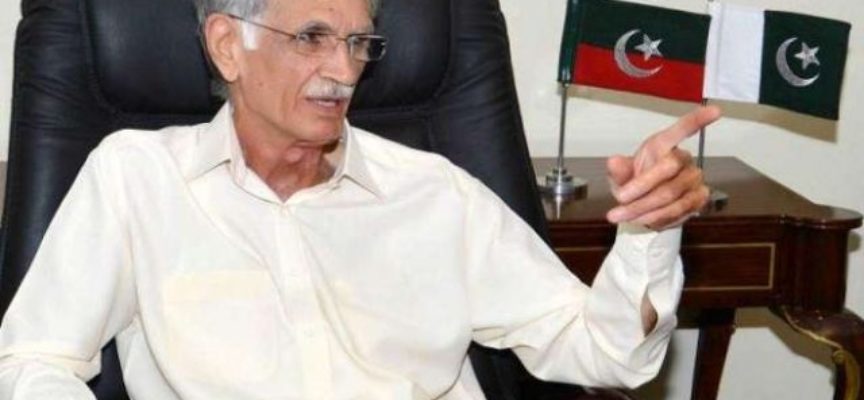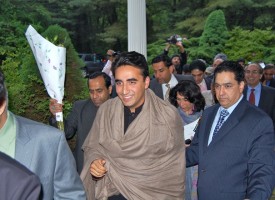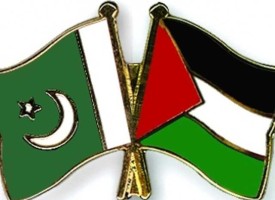India’s purported “strikes” on Balakot passed. Cease Fire Violations (CFVs) along the LoC by Indian security forces are on the rise. Meanwhile, the BJP leadership is flexing its muscles, issuing hard-worded statements with long-term implications. Defence Minister Rajnath Singh, former Home Minister a reformist czar, recently suggested his country may not necessarily abide by the No First Use (NFU) nuclear policy.
In Pakistan, the absence of a functioning Defence Minister is conspicuous; Pervez Khattak, formerly Chief Minister of Khyber Pakhtunkhwa (KPK) province, has been remarkably silent in the face of these developments. The only timely response to these provocations is being delivered by the Inter-Services Public Relations (ISPR) Directorate, representing the Pakistan Armed Forces.
The security situation in Pakistan is always demanding and circumstances are always “extraordinary”; not many arguments are required to highlight the critical tempo of the regional security matrix. The Afghan peace process, extra-regional forces’ patrols in the Strait of Hormuz are just some of the “non-Kashmir” issues considered flashpoints in South and West Asia. And yet Pakistan, as a key stakeholder in regional affairs, has preferred to focus on Kashmir alone.
While the Foreign and Information Ministries’ prioritised attention upon Indian actions in Occupied Jammu & Kashmir are appreciable, the silence by Defence Ministry’s highest civilian officials is becoming more criminal with each passing day. As the overall policy guide of the Ministry of Defence, it is Mr Khattak’s primary responsibility to deliver timely rebuttals or responses to provocative statements from New Delhi, to show them that the “Naya Pakistan” (New Pakistan) actually means business and will not succumb to flimsy whims, as used to happen in what they called “a Purana Pakistan” (an Old Pakistan).
Critics of Pakistan have all the more reasons to justify their assertions which claim that the Defence Minister is merely a public visage, a puppet, whose strings are pulled by the people behind curtains. One could argue for or against this school of thought for long, but what is stopping Mr Khattak from opening his tightly-sealed lips?
Although he has been observed regularly participating in National Security Council moots and a few Kashmir-related huddles, not a single press release has been issued by the Defence Ministry. Is it only DG ISPR’s job to counter the onslaught of a pro-war India? Will the Pakistan Army alone have to bear the brunt of clarifying sensitive national security policies rendered ambiguous by careless reporting?
Prime Minister Imran Khan’s ‘Naya Pakistan’ is supposed to act in absolute contrast to the shoddy politicking by his political predecessors; this ‘change from tradition’ also involves a publicly-visible civilian headship of the Defence Ministry. Political ownership of changing policies, if any, should be assured. Institutions in themselves cannot be allowed to fend for themselves, only to be rebuked indirectly later on through tweets by grumpy federal ministers.
There is one more glaring observation: Mr Khattak was also not part of PM Khan’s maiden visit to the US. It appeared as if his presence was not considered necessary, whereas the Chief of Army Staff, DG ISI and DG ISPR were there.
The Defence Minister’s portfolio demands an assertive individual who is calculated in his words but bold enough to defend any radical policy choices. A camera-shy and timid individual will continue being the laughing stock of counterparts in the immediate neighbourhood.
Is Mr Khattak just ‘killing time’ in a ‘parking spot’ until he bestowed with something better?
The state executive needs to do something about this.








No comments!
There are no comments yet, but you can be first to comment this article.